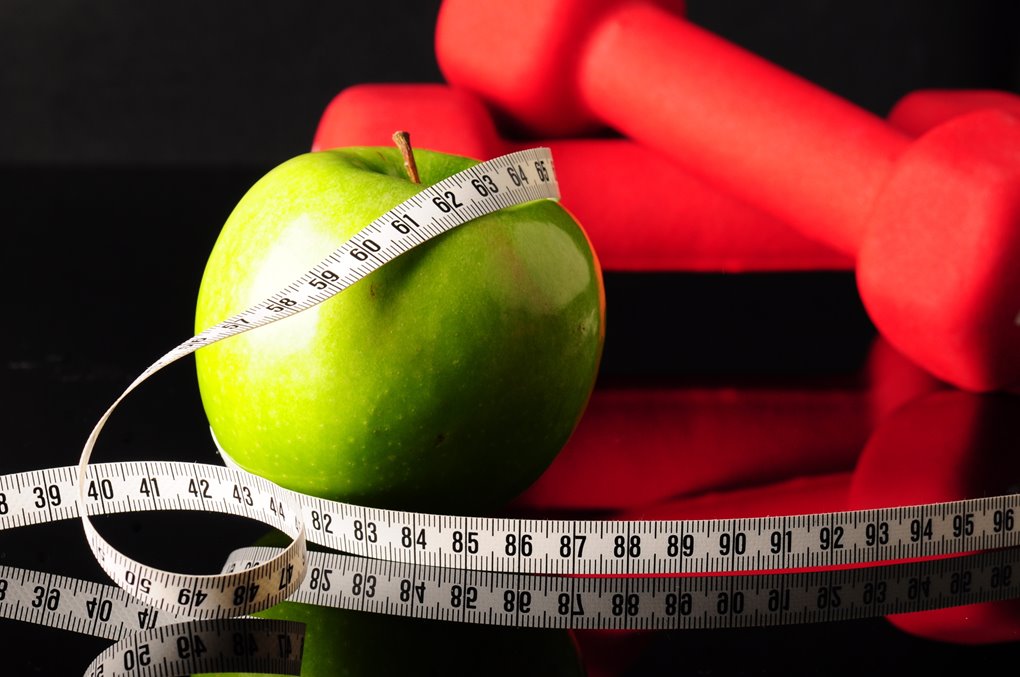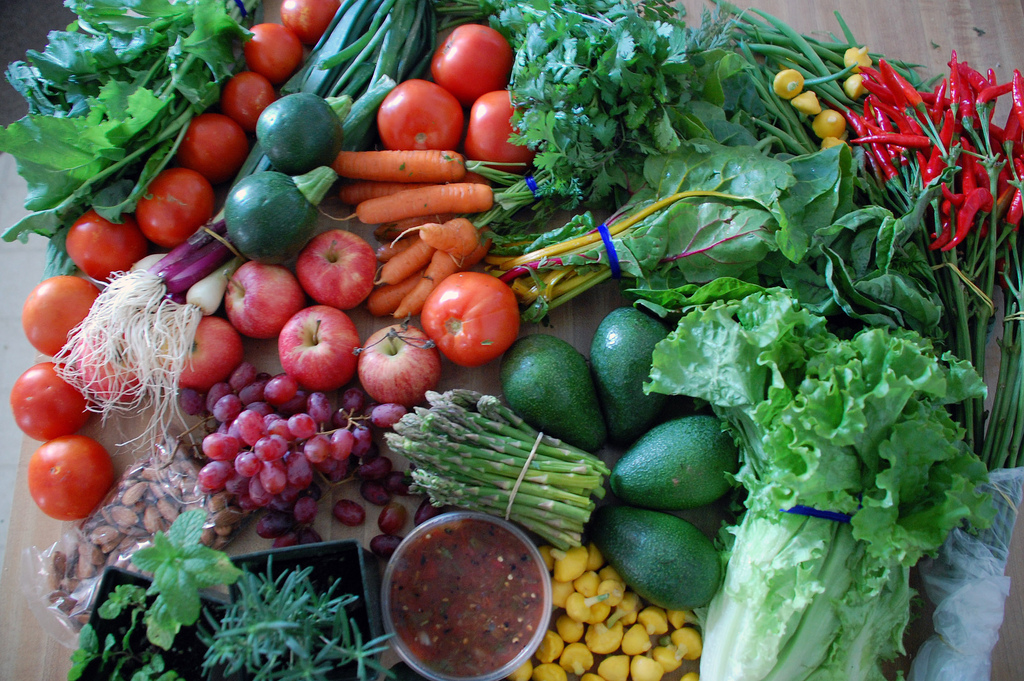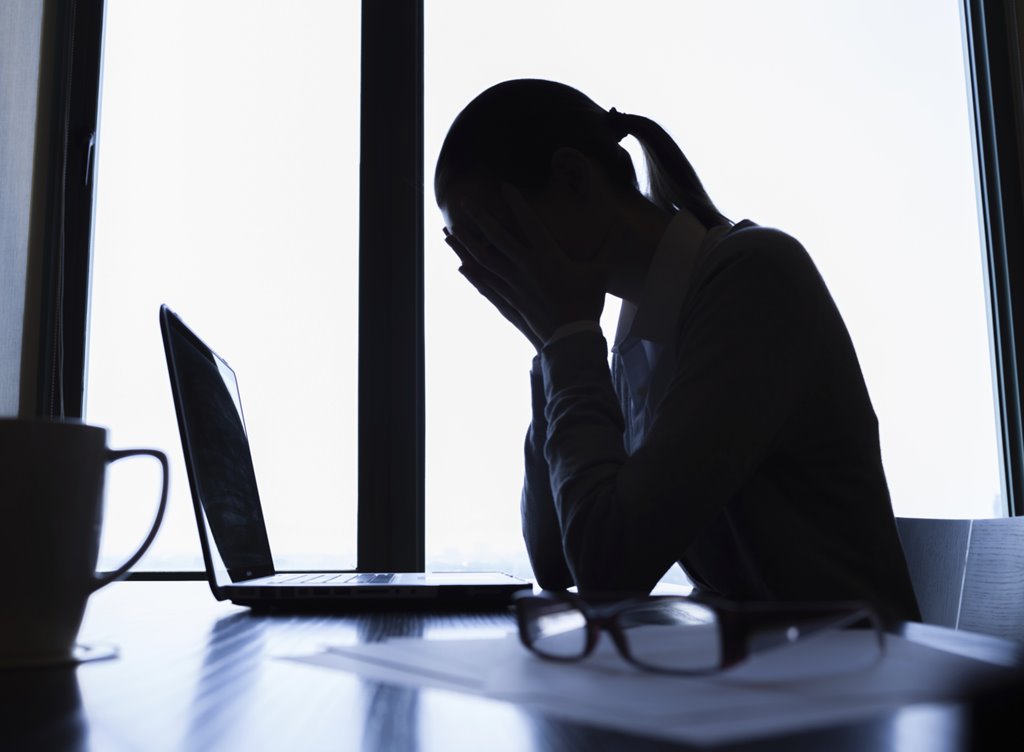The web has always shown us all new ways to connect as well as share. It has been a revolution in terms of connecting us whether with friends across the globe or with long lost family! It has given us a means of sharing our great moments with our loved ones around the world and has become the most common means of staying in touch with people, overtaking texting. Also, it allows us to share our sense of humor, our political thoughts, and our opinions on a multitude of subjects through statuses, articles, videos, and photos.
It sounds great right? Yes, to an extent it is. But there is a dark side to everything. When you see someone’s profile, even take your own for example; you see the snippets of happiness. You see their vacations, their nights out, their kids birthdays, their gifts from their partners. You see these in a continuous flow on your timeline. It’s rare that you see any of the negatives of their lives. You never see the fight they had with their partner or the time the illness they suffered after that amazing night out. You get a window to one side of their life. You don’t tend to see the other.
This creates the idea of ‘social comparison’ – you compare your life (where you know all of the negatives) with the amazing social media side of theirs. What people forget to realize is that other people are probably looking at their page thinking ‘wow, what a great life’. And if you’re feeling depressed at any time, you probably don’t share that with them.
This comparative competitiveness, can only lead to first of all, jealousy, and secondly, low self esteem. This is not something that is exclusive to teenagers, it can strike at any stage of a person’s life and can start to slowly take over your every thought. Thinking that your life isn’t worth as much as someone else’s. This can in turn lead to depression.
The University of Houston carried out a survey to determine whether the amount of time a person spends scrolling through social media has any connection to their depressive state and it turns out that it does. People who spend hours per day on their Facebook and Twitter pages show more depressive tendencies than those who spend less time.
The lesson here is that Social Networking may not be to blame for depression, but it is definitely a gate way. The survey concluded that people should try to cut back on their social media usage, and try to realize that in fact they are only being subjected to the great parts of their friends lives. It will lead to a much more sound state of mind!
Source from: psyweb.com
Photo by: Thinkstock/ kieferpix




